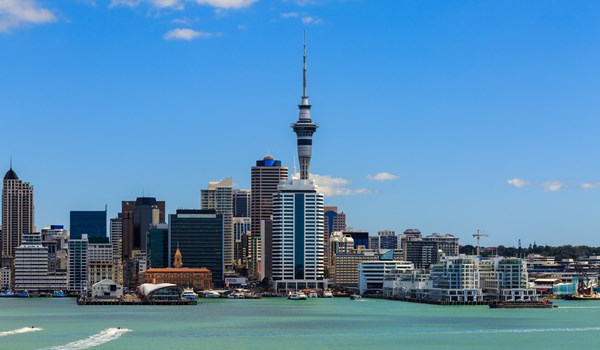Jurisdictions
Regions
Industry Sectors
21/10/21
NEW ZEALAND: Inland Revenue tells wealthiest NZers questions are coming.

As published on stuff.co.nz, Thursday 21 October, 2021.
Inland Revenue is writing to wealthy New Zealanders, warning them that it will soon be asking for details about their financial lives.
The department is running a research project to provide information about the effective tax rates of “high-wealth individuals”.
That would help it to assess the fairness of the tax system and allow it to provide more robust advice on future tax policy, it said.
In February, Inland Revenue and Treasury research indicated that the wealthiest New Zealanders paid just 12 per cent of their total income in tax on average, because many were making money in ways that were not taxed, or taxed lightly.
In contrast, people who receive most of their income from an employer would have it taxed at source through the PAYE system. The OECD said that, last year, the average worker in New Zealand paid tax of just over 19 per cent across their total income.
Inland Revenue said it would ask about 400 people for information and would use that to estimate their effective tax rates from the 2016 to 2021 income years. It would be compulsory for those contacted to comply with the information requests.
It said it had identified people it believed were worth more than $20 million, based on public information.
Inland Revenue said it had only asked for contact details so far. A questionnaire next month would ask for details of household members, including a “lead person”, their partner and any dependent children.
In January, they would be given a list of entities and business undertakings, such as trusts and companies, that Inland Revenue believed people had an interest in. They would be asked to verify that information and provide details of any additional entities. A person’s partner would also be asked to do the same thing.
In May, people would be asked to provide any further information to estimate measures of their income and financial information from the entities they had an interest in.
Inland Revenue said collecting several years’ of information would smooth out annual volatility.
The department said the information it collected would not be used to create tax bills for anyone. A public report in June 2023 would not identify specific individuals.
At the moment, most of the information about the wealthiest New Zealanders comes from the Household Economic Survey, which is seen to be less accurate at gauging the wealth of the top 1 per cent.
Tax expert Terry Baucher said death duties had previously provided information on wealth levels, but New Zealand abolished these in the 1990s. “Some unintended consequences are we don’t know who has got what wealth.”
That mattered if people were worried about increasing inequality, he said. “Psychologically what is out of sight is out of mind. The tremendous escalation in housing prices has presented us with a landed gentry ... increasingly the ability to get on to the housing ladder will depend on the circumstances of birth.”
He said taxes on wealth were on the agenda around the world. “They're looking at it for two things – dealing with inequality but also they’re considering ‘we’re broke and we need money’.”
The richest people in the world had seen their wealth increase significantly through Covid-19. In March, it was estimated, based on stock prices and exchange rates on March 5 – all the billionaires in the world are now worth US$13.1 trillion (NZ$18.67t), a whopping increase from US$8 trillion in 2020.
New Zealand was unusual in not having a capital gains tax, estate tax or gift tax, Baucher said.
Getting buy-in from the people involved in the study would be important, he said, but Inland Revenue had a provision in law to allow them to do it.



